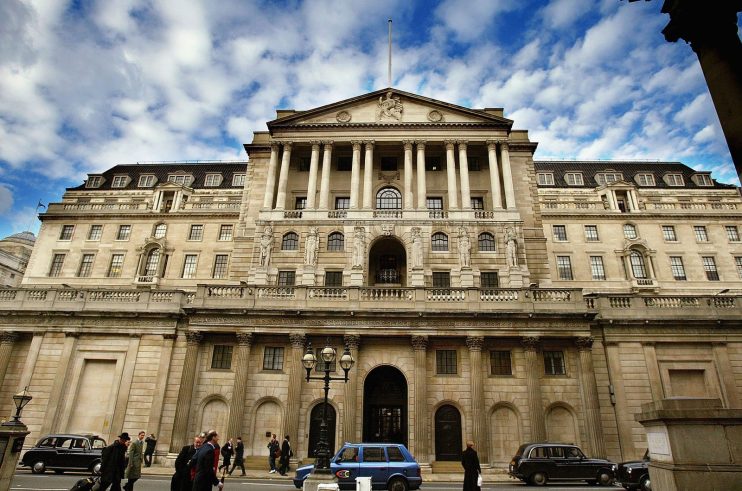Central bank chiefs warn inflation shock will persist

The cream of the central banking crop collectively warned yesterday shortages plaguing rich nations pose a threat to their economic recovery and are unlikely to end anytime soon.
Andrew Bailey, governor of the Bank of England, Jerome Powell, chair of the US Federal Reserve and Christine Lagarde, president of the European Central Bank (ECB) said yesterday supply chain bottlenecks are holding back the pandemic recovery.
The three central bank chiefs, alongside Haruhiko Kuroda, the governor of the Bank of Japan, convened at the ECB’s forum on central banking.
All four heads signalled inflation will remain elevated until supply chain snarl ups are cleared, but offered little insight explaining when the supply side of the global economy will recover.
“The supply bottlenecks and the disruption of supply chains, which we have been experiencing for a few months… seem to be continuing and in some sectors accelerating,” Lagarde warned.
Powell said he saw supply chain breakdowns bleeding into next year and “holding inflation up longer than we had thought.”
Stronger inflationary pressures have heaped pressure on central bank chiefs to rein in the wave of monetary stimulus measures they unleashed in response to the pandemic. The Fed and the Bank gave their strongest signals yet last week that they will tighten policy soon.
Soaring energy and raw material prices, triggered by a resurgence in global demand as economies around the world emerge from Covid-19 restrictions, is stoking inflation. Oil prices topped $80 this week, the first time they have done so in three years.
Meanwhile, rising wholesale natural gas prices have caused a wave of energy firms in the UK to go to the wall and raised the prospect of Brits’ facing a looming cost of living crisis that may dampen spending.
A shortage of workers in the UK is causing headaches for businesses up and down the country and has led to petrol stations running out of fuel stocks.
Bailey predicted the fuel crisis is likely coming to an end. However, he did highlight central banks’ inability to solve short term supply issues.
“Monetary policy cannot solve supply side shocks. Monetary policy cannot produce computer chips, it cannot produce wind, it cannot produce truck drivers,” he said.
Inflation in the UK is currently running at 3.2 per cent on an annual basis, according to the Office for National Statistics.
Last week, the Old Lady upped its forecasts for price rises to over four per cent by the end of the year, more than double its target.
Meanwhile, in the Eurozone, inflation surged to a 10-year high in August, jumping to three per cent from 2.2 per cent in July.
Yields on 10-year US Treasuries, seen as a bellwether for financial markets’ inflationary expectations and global borrowing costs, have risen sharply since Powell indicated last week policy tightening is coming soon.